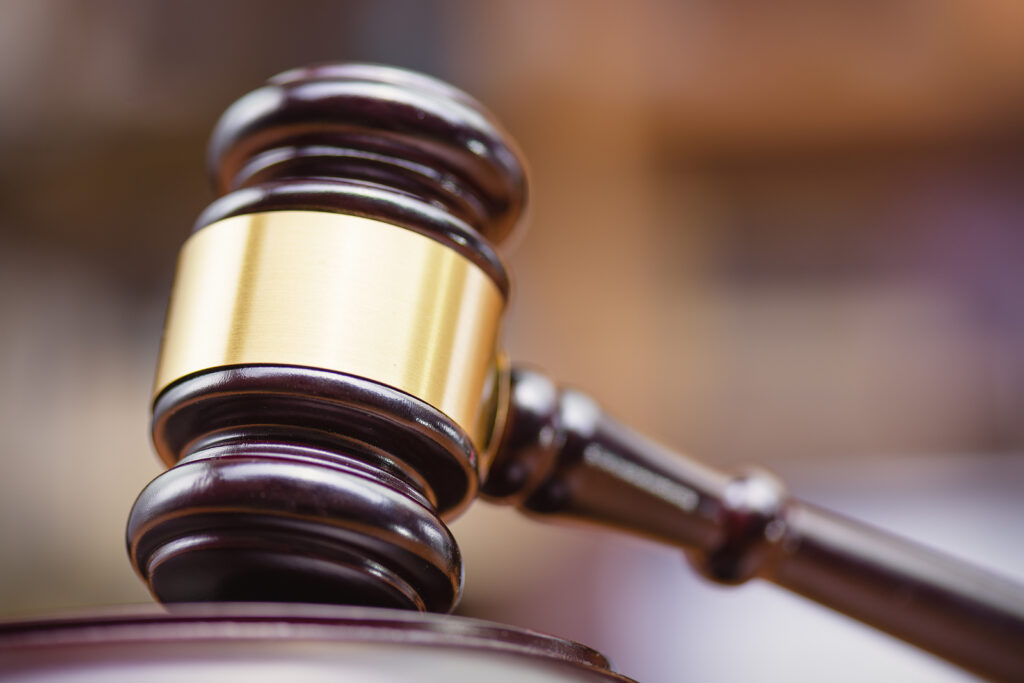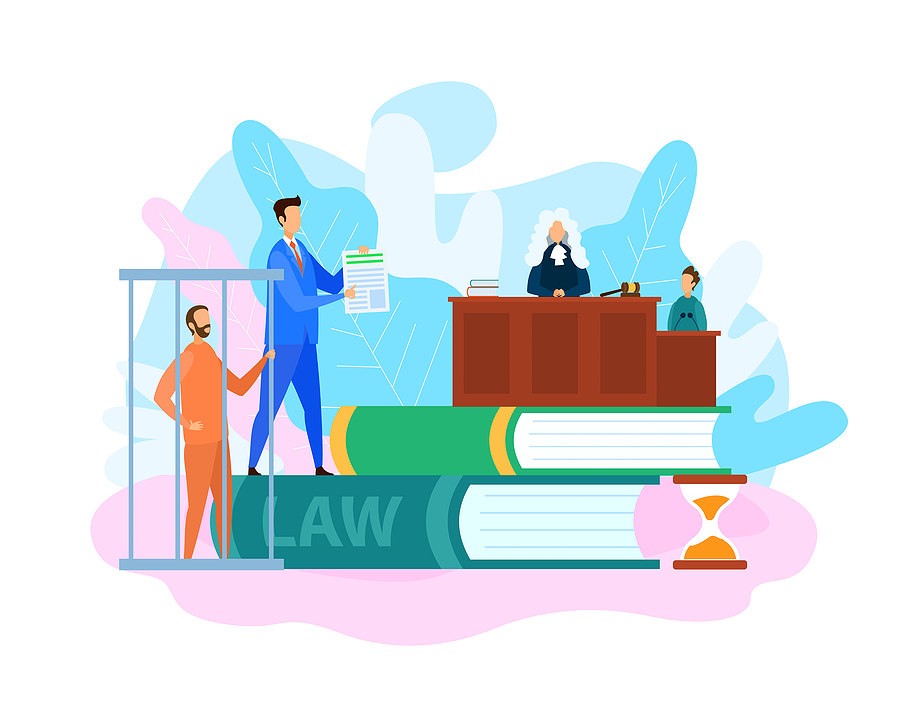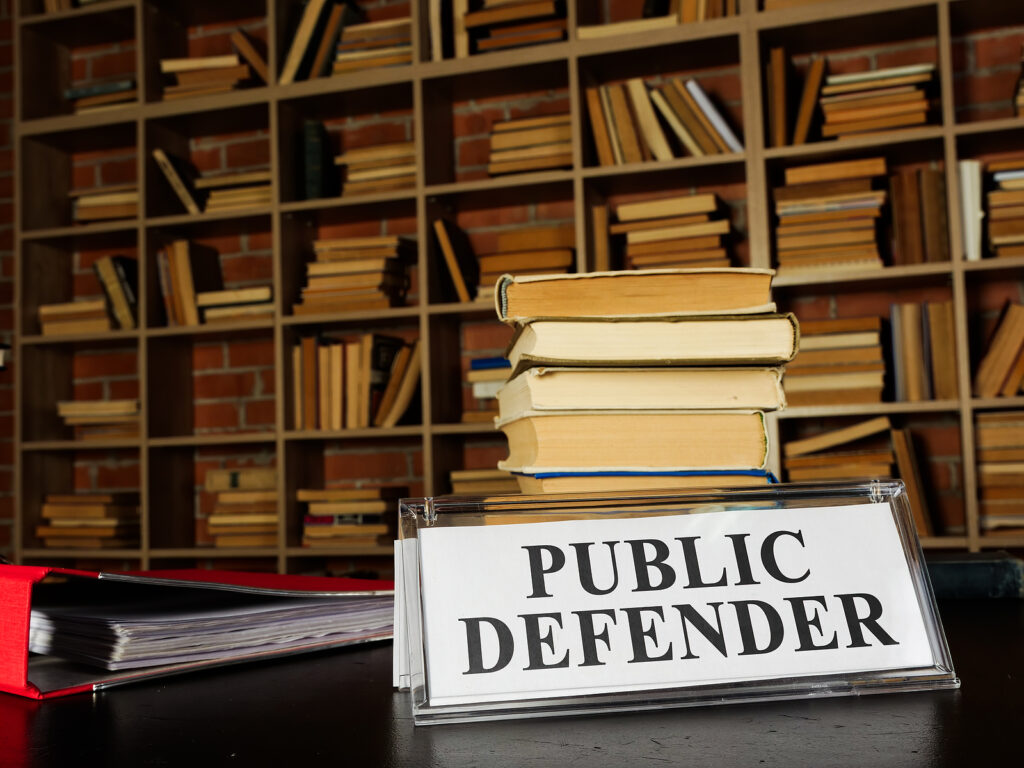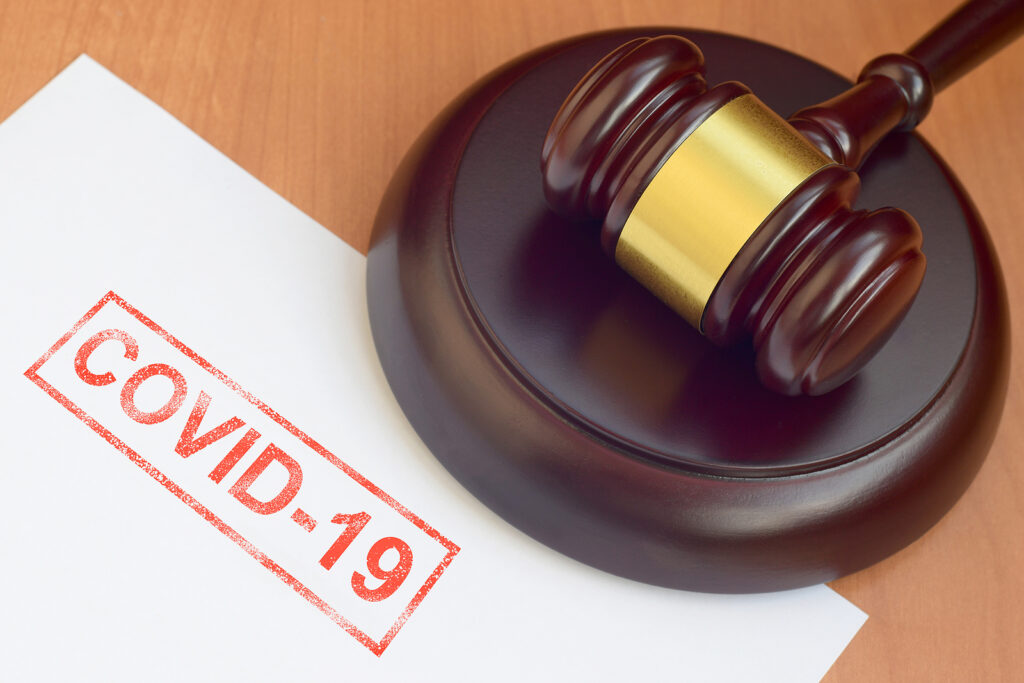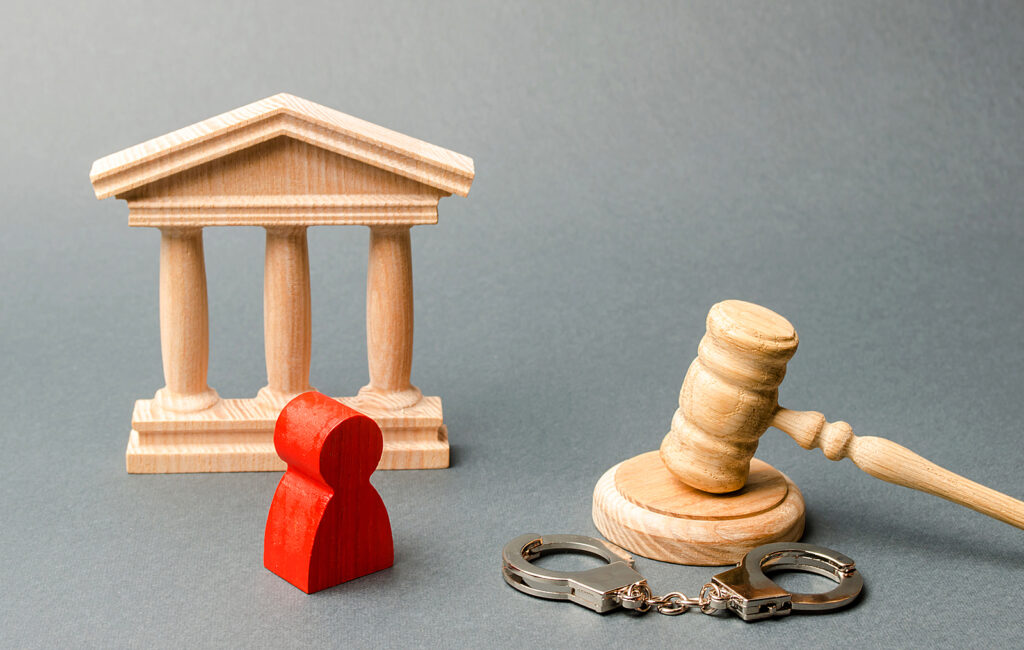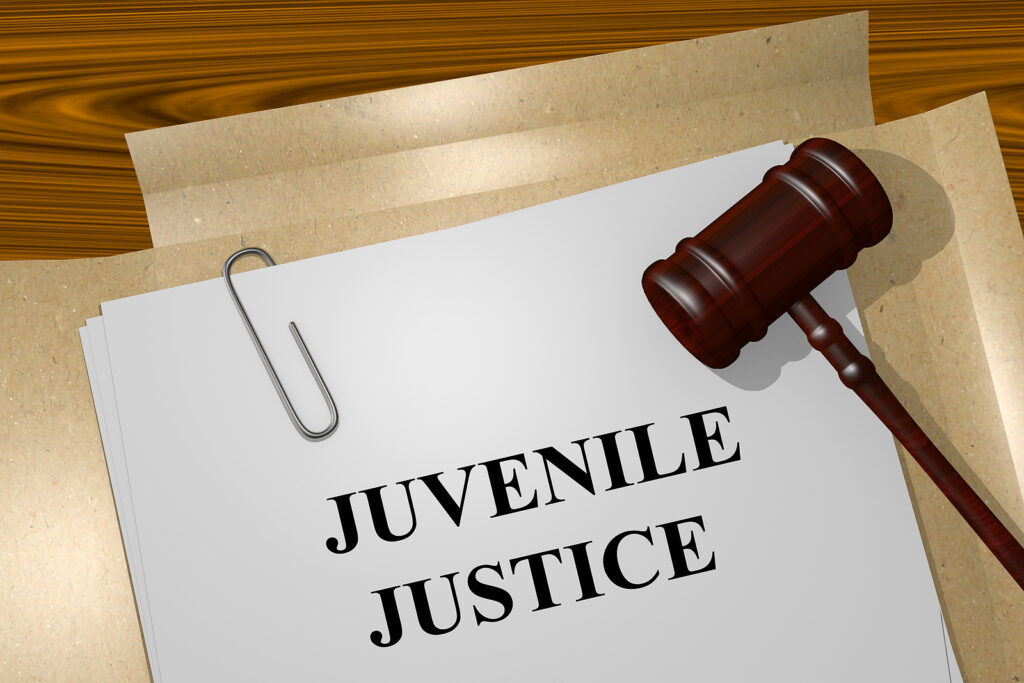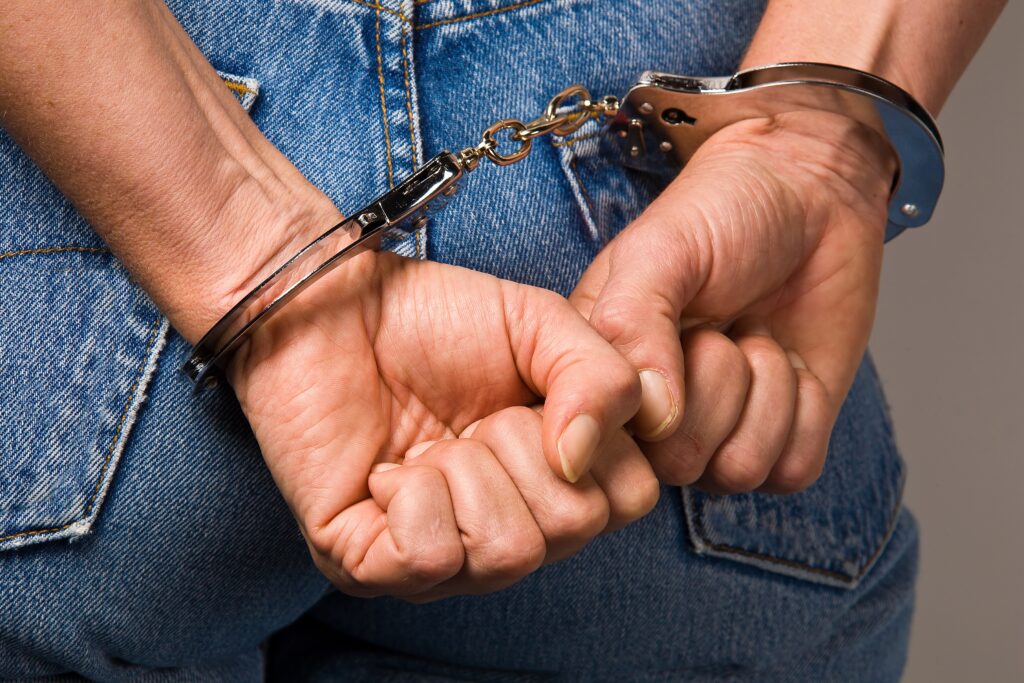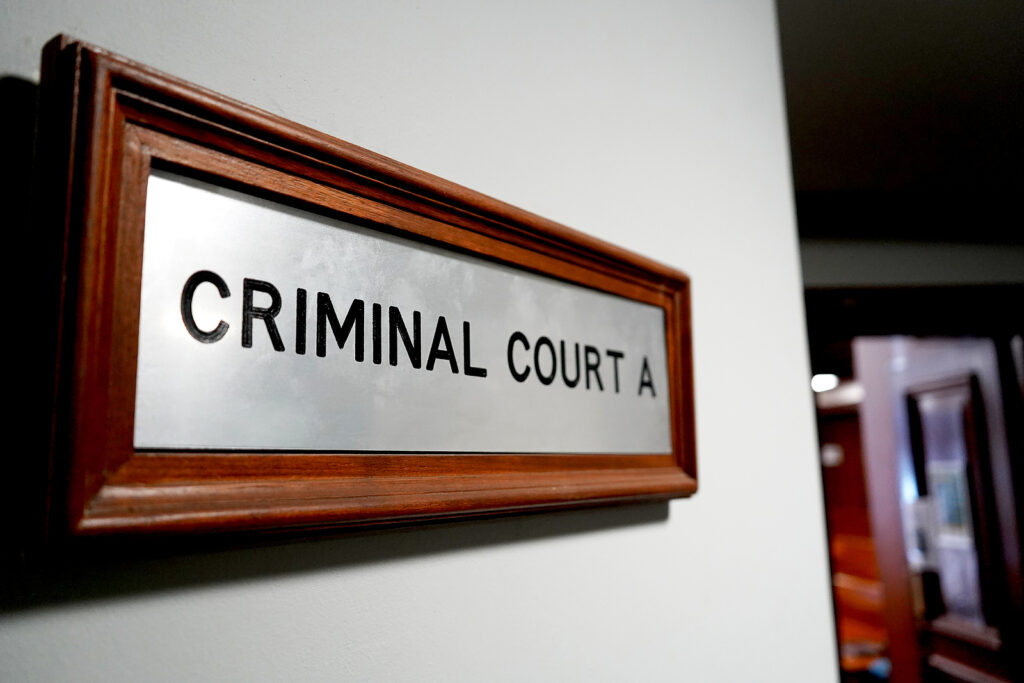If you or someone you know has been arrested, it is important to understand the different lawyer options that are available in order to choose the best option for your case. Although the law gives you the right to a state-appointed attorney, known as a public defender, it is wiser to hire your own lawyer. With a private criminal attorney working your defense, you have the best chance at obtaining the best possible outcome in court. This means avoiding jail time and preserving your freedoms.
In this blog, we will dive further into the various reasons why private criminal defense is so important in criminal cases, plus provide some tips on how to find a trusted and affordable attorney near you.
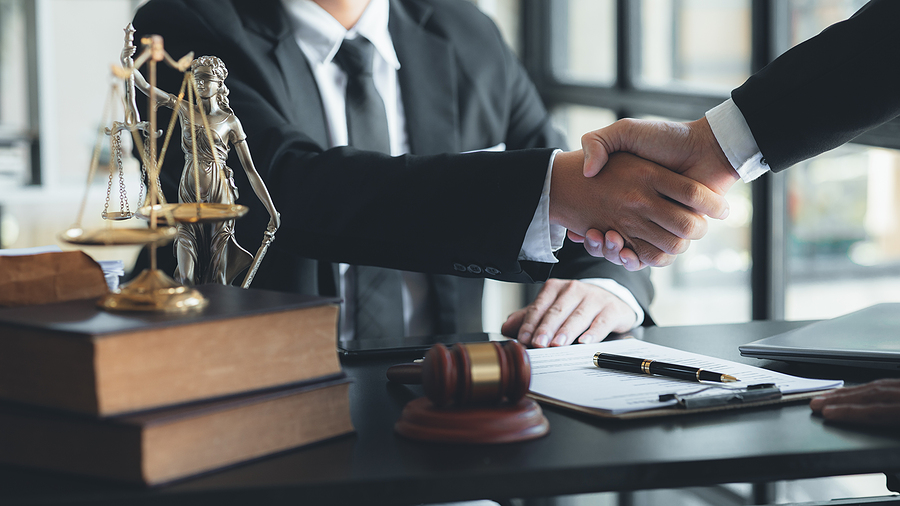
Private Criminal Defense is the Best Defense
A criminal defense lawyer can help you in many ways if you have been accused of a crime. They will review the evidence against you and look for any legal loopholes that could help your case. A good lawyer will also negotiate with prosecutors to get a lighter sentence or have the charges dropped altogether. If you are facing serious charges, a criminal defense lawyer can also help you take your case to trial.
The Benefits of Having a Private Criminal Attorney
When you have been accused of a crime, it is important to have an experienced and knowledgeable criminal defense lawyer on your side. A good criminal defense lawyer can make all the difference in the outcome of your case. Here are some of the advantages of hiring a criminal defense lawyer:
➀ An experienced criminal defense lawyer will know the ins and outs of the criminal justice system.
➁ A good criminal defense lawyer will be able to negotiate with prosecutors to get a more favorable plea deal for you.
➂ A skilled criminal defense lawyer will be able to challenge the evidence against you and make sure that your constitutional rights are upheld.
➃ A knowledgeable criminal defense lawyer will know how to navigate the complex rules and procedures of the criminal justice system.
➄ A competent criminal defense lawyer will be able to provide you with an aggressive defense, which can make all the difference in the outcome of your case.
If you have been accused of a crime in Indiana, it is important to hire an experienced and knowledgeable criminal defense lawyer who can fight for your rights and ensure that you receive a fair trial. Contact the Law Office of David E. Lewis at 317-636-7514 to schedule a meeting with our experienced Indianapolis criminal defense law firm. We can hold meetings over the phone or in person at our Indy-based office.
Related Posts:
Do I Call a Bail Bondsman or a Lawyer First?
FAQS About What Might Happen in Criminal Court
Are Federal Courts Different From State Courts?

